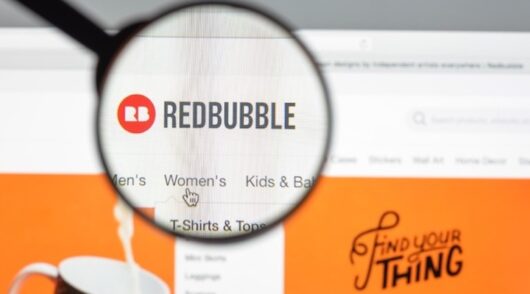 The price of streaming a movie, e-books, games and other digital products bought from overseas will go up by at least 10 per cent under the new so called Netflix tax in what Treasurer Joe Hockey says is a levelling of an unfair playing field.
The price of streaming a movie, e-books, games and other digital products bought from overseas will go up by at least 10 per cent under the new so called Netflix tax in what Treasurer Joe Hockey says is a levelling of an unfair playing field.
The new rules will apply the 10 per cent GST to digital products and services supplied from foreign businesses.
It is estimated to raise $350 million over the next four years for the states and territories.
“It is unfair that overseas-based businesses selling services into Australia may not charge GST when local businesses have to charge GST,” Hockey said.
“A local business that employs Australians, pays rent in Australia, pays tax in Australia, and helps build our economy is disadvantaged by the current system.”
Other online companies Airbnb, Uber, and Netflix could also be caught in the new tax net.
Similar rules have been or will be introduced in Japan, Norway, South Africa, South Korea, Switzerland, and members of the European Union, according to Budget papers.
However other low value goods bought online from overseas have escaped the GST.
The GST was designed to apply to all products and services, except for specifically exempted products food, health and education, and the new measures closed that loophole, the papers said.
Anna McPhee, CEO of Australian National Retailers’ Association (ANRA) said top online and store retailers believe the fiscal measures announced in the Federal Budget will encourage investment, job creation, and increase productivity.
“Retailers are particularly pleased to see action on addressing the integrity of the GST on services purchased online from overseas. Intangibles are just one aspect however and goods also need attention to address tax integrity fully.
“Draft legislation recognises how the digital economy has changed Australia since the introduction of the GST in 2000 and emphasises the importance of a well functioning tax system.
“Tax integrity is fundamental to our system of government and means the burden should not be unfairly felt by compliant businesses whilst ensuring government can deliver important services to the community, support business to drive growth, and protect the vulnerable,” said McPhee.
Australian Retailers Association, executive director, Russell Zimmerman, said while the tax is a positive step, we must now ensure GST collection is extended to low value parcels.
“It should be just as easy to collect GST from Amazon as it is to collect GST from Netflix and Apple, meaning there is little excuse for the Federal and State Government’s not to move on collecting all GST on products under $1000 from overseas.
“State Governments are losing billions of dollars in GST revenue which could support teachers and emergency services in our communities. Australian retailers are also suffering from an uneven playing field, and this is costing many local jobs.
“The ARA has been leading the campaign to fix the under $1000 GST loophole for goods bought from overseas and is concerned that tonight’s Budget did not offer any specific remedy to this issue. We do, however, commend Assistant Treasurer, Josh Frydenberg, on his leading position and commitment to solving this issue once and for all.
“It seems the Government has learned from the last year and this Budget recognises how the digital economy has changed the business landscape in Australia. What we need to see now is every effort made to strengthen our tax system as well as build consumer confidence with a clear long term plan from Government to support consumers and businesses alike,” Zimmerman said.
NRA CEO, Trevor Evans also welcomed the moves to impose the GST on digital products such as music and movies sold into Australia from overseas, but says there is no reason the arguments applied to digital content providers should not also apply to overseas-based retailers of tangible goods.
“The Treasurer is right when he says it is unfair that overseas based businesses selling services into Australia may not charge GST when local businesses have to charge GST.
“He is right when he says a local business that employs Australians, pays rent in Australia, pays tax in Australia, and helps build our economy is disadvantaged by the current system.
“And he is right to level the playing field by requiring foreign businesses supplying digital products and services to Australians to pay the GST.
“However, all these arguments also apply to overseas businesses that import goods worth up to $1000 into Australia. The changes announced tonight do not assist the local retailers who pay rent, pay tax, employ locals, and meet all the criteria outlined by the Treasurer tonight.
“These reforms have reduced the size of the GST loophole, but only marginally. We call on the Government to create the same level playing field for all Australian businesses and their employees.”





